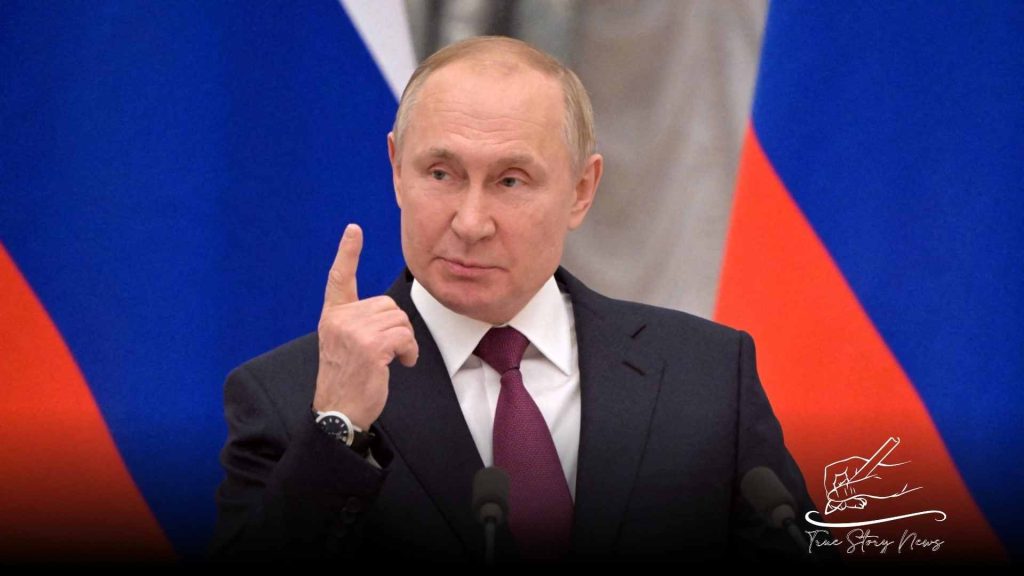On Tuesday, the Kremlin announced that Russia will not participate in discussions with the United States to replace the current treaty that limits strategic nuclear weapons, due to expire in 2026. The officials underscored the need to broaden and expand the treaty to encompass other nations.
Dmitry Peskov, a spokesman for the Kremlin, responded to questions about what will happen to the New Strategic Arms Reduction Treaty, or New START, after it expires on February 5, 2026.
The agreement sets a limit on the number of strategic nuclear warheads that both the United States and Russia can deploy, along with the deployment of land- and submarine-based missiles and bombers intended for their delivery. The agreement stands as the final bastion of nuclear arms control between the United States and Russia.
In 2023, President Vladimir Putin announced the suspension of Russia’s participation in the treaty, citing U.S. support for Ukraine as a key factor. Despite this suspension, both Moscow and Washington have adhered to the limits on warheads, missiles, and bombers established by the agreement.
According to an unnamed high-ranking Russian official, the Izvestia newspaper reported on Tuesday that Russia has decided against signing a new treaty with the United States, attributing this decision to Washington’s support for Ukraine in the ongoing conflict.
Peskov responded to inquiries regarding the Izvestia report, indicating that it aligned closely with statements previously made by Putin.
“Earlier this year, President Putin stated that given the altered circumstances, it is nearly impossible to engage in discussions regarding strategic offensive weapons and arsenals without considering the military nuclear infrastructure in Europe. “He emphasized the importance of including European nations in the negotiation process and addressing other aspects of strategic security, asserting that Russia will not proceed without these considerations,” Peskov told reporters.
It is critical to assess the current situation with a clear perspective and, considering all recent developments, structure the negotiation process accordingly. It appears unreasonable to insist on proceeding with negotiations while ignoring the significant events that have transpired. Russia has made it clear that such actions are not on the agenda.
Russia and the United States hold a staggering 88% of the global nuclear warhead inventory. Last week, President Putin announced that Russia is revising its nuclear weapons policy, expanding the range of scenarios in which the country may consider their use.











